Alicante has seen its first conviction for trafficking the so-called zombie drug. Two men suspected of transporting enormous amounts of this material from the province to the United States and Australia have pleaded guilty, and the prosecutor has demanded a six-year prison term for drug trafficking. The Provincial Court struck the deal yesterday, Tuesday May 27th, during the trial. After their arrest in June 2022, the two Czech men spent over three years in pretrial prison. Although the punishment imposed on them has not yet been determined, the defence has requested mitigating circumstances, which will result in a conviction.
The verdict is one of the first convictions for trafficking this chemical in the province of Alicante, and there has been at least one other sentencing for comparable offences in Spain. Judicial sources say that there are few legal precedents for this chemical, known as Alpha PHP. The substance is named for the unpleasant effects it has on persons who ingest it, making their behaviour resemble that of the walking dead in horror films.
This is a modified version of Alpha-PVP, sometimes known as “flakka” or “zombie drug,” with improved effects. This chemical, along with 4-CMC, 3-CEC, and ETHYL-HEXEDRONE, are synthetic cathinone stimulants, also known as “bath salts.” Lastly, 3-FPM belongs to the amphetamine family. The usage of this medicine once caused widespread social concern in the United States. The Guardia Civil was alerted to the activities of this group by the United States, specifically the Buffalo authorities, as explained in court by the head of the organised crime and anti-drug team (EDOA) of the Alicante Guardia Civil. The group is allegedly making mass shipments of psychotropic substances from the province via postal mail.
Postal shipments
Although the notice initially targeted one of the accused, investigators discovered that another individual had shown at the post offices after studying security footage from the places where the shipments were made. In this manner, the two suspects were identified. They maintained a high standard of living for their salary and lived in both San Juan Beach and Muchavista, where they had a luxurious villa and high-end vehicles. The suspects received parcels from Holland with the ingredients they used to create synthetic medicines. On average, these offices processed 300 shipments per month. The medications were delivered to third parties via envelopes bearing bogus names and addresses that did not belong to them.
The Guardia Civil has recognised the first suspect, the one mentioned in the alert, as the leader of this criminal group because he was usually present whenever a significant shipment needed to be received. The medications were sold online, and cryptocurrency was commonly utilised as payment for the transactions. A search of the defendants’ houses turned up more than 35 kilogrammes of methamphetamine.
Following the defendants’ confession, which avoided a week-long trial, the prosecutor lowered the term sought from eight to six years for a crime against public health involving the distribution of chemicals that cause substantial injury to health. The Prosecutor’s Office maintained that this is the minimum punishment for trafficking in this type of narcotic. The accused face a one-million-euro punishment as well as the forfeiture of the seized expensive autos.

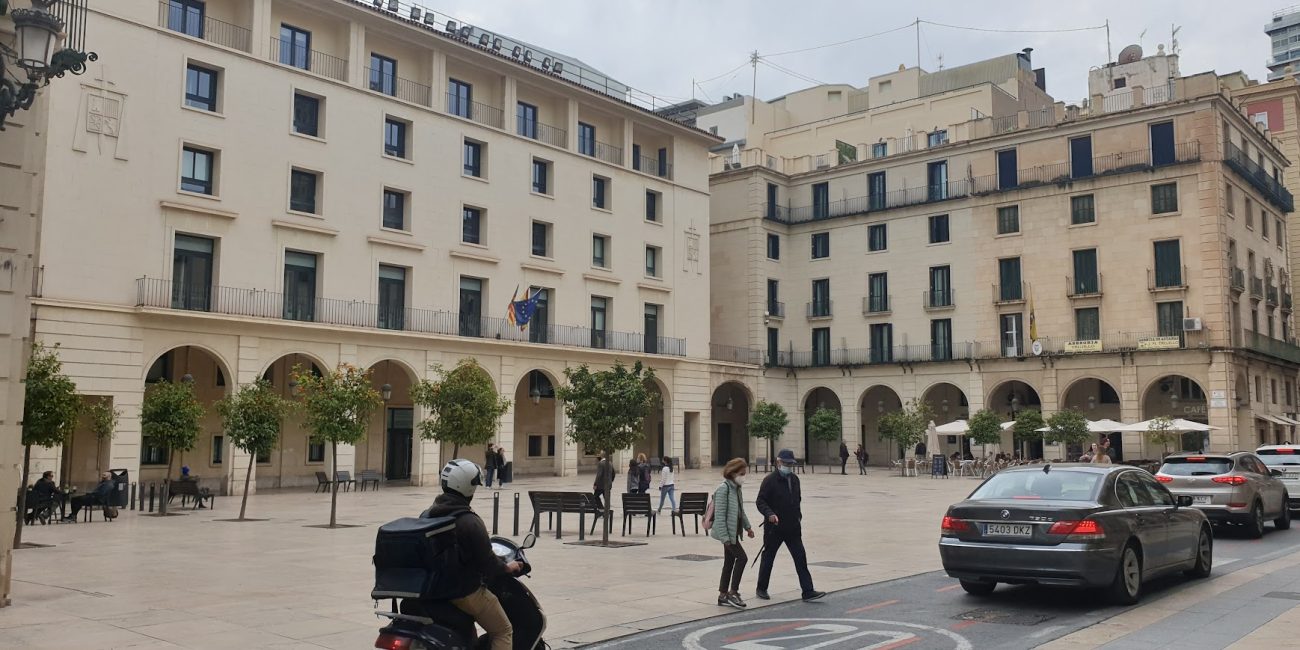



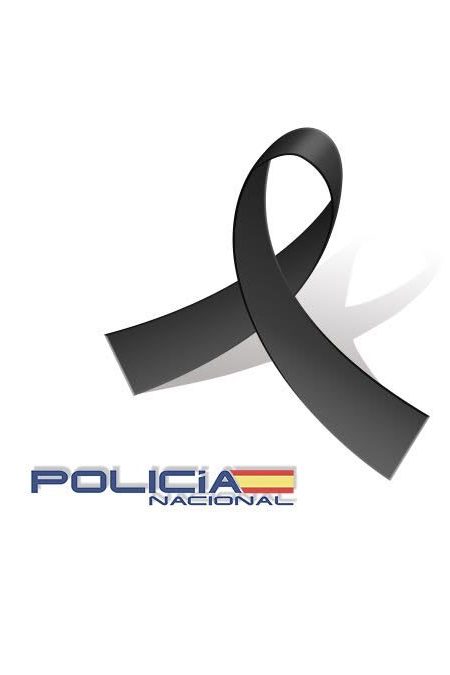
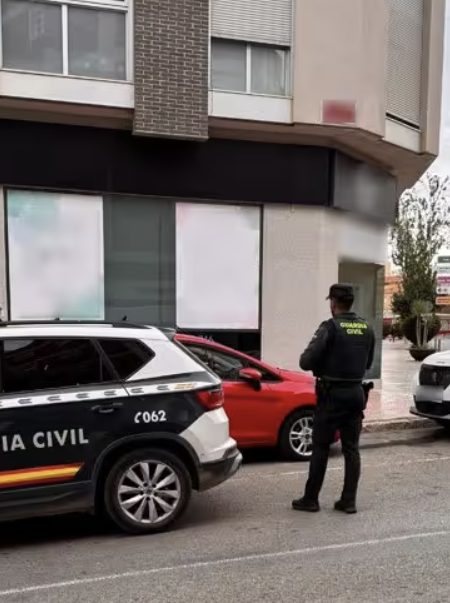
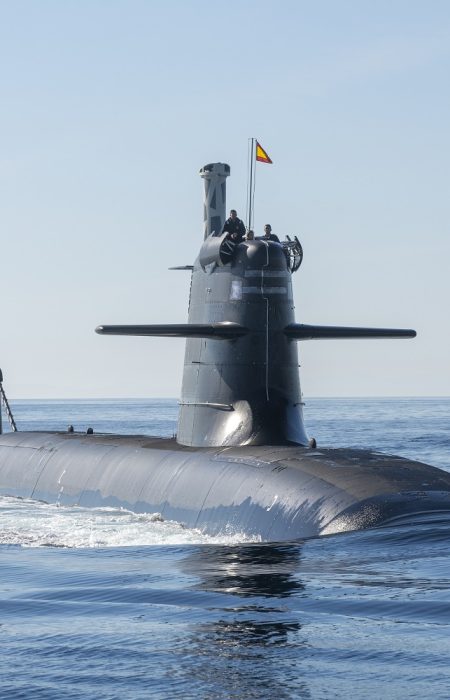
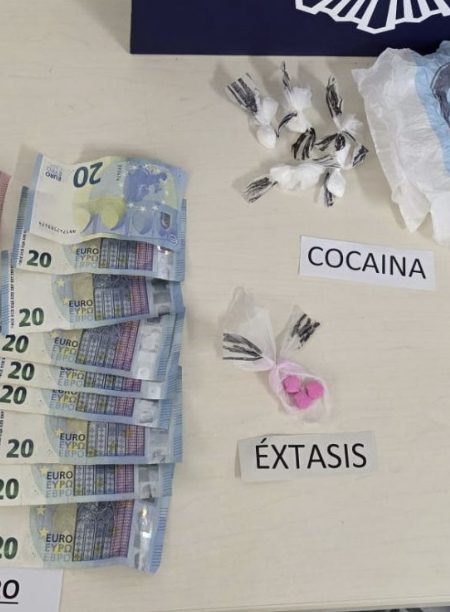
No Comment! Be the first one.